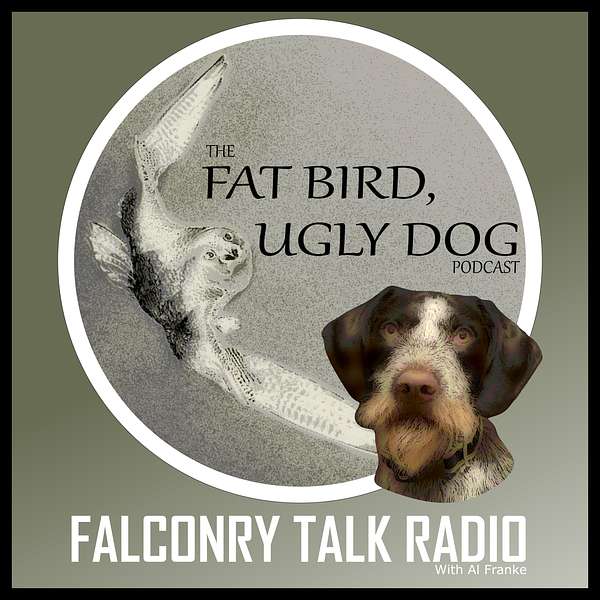
The Fat Bird, Ugly Dog Podcast
The goal of this podcast is to present alternate viewpoints on falconry. Topics covered range from training philosophy, husbandry, and health of birds and bird dogs to conservation and management of raptors, their main prey species, and the respective habitat that they rely on. In addition, I’ll cover-off themes related to hunter ethics, fair chase, and access to public and private land. I’ll outline efforts that falconers can make to contribute to all of these topics of conversation.
The Fat Bird, Ugly Dog Podcast
45. Mullenix, Garner, & Millsap on falconry in the context of the NAM & WVR (Part III)
In this episode Matt, Heath, and Brian return to the show to continue our conversation, this time to discuss the ways in which America's Wildlife Values intersect with the way that North American falconers practice their sport.
In Part 2, we discussed the UNESCO designation of falconry as a living human heritage. We were all under the impression that the U.S. was not a UNESCO member, but in fact, the US became the 194th member in July of 2023 – thanks to John Goodell, curator of the Archives of Falconry for alerting us to this change.
We then remind listeners of the four wildlife value orientations (those being Traditionalist, Mutualist, Pluralist, and Distance), and we outline how each of the people who responded to the survey were then identified as belonging to one group or another. Heath identifies where he thinks NAFA fits within the rubric, and Matt tells us how his values have shifted over his career.
Brian gives us a broad sense of whether values of agency personnel reflect this underlying distribution found among Americans, and weighs in on whether the makeup of agency personnel should reflect this distribution.
We then turn our attention to the "Distanced" group, and discuss ways in which the falconers can contribute to reducing the proportion of people who exhibit very low levels of interest in wildlife.
Our discussion then turns to asking whether agencies should simply ignore ideas associated with Mutualism in favor of focusing on ideas that would better suit Traditionalists and Pluralists.
We conclude the episode examining the growing impact of conflict and mistrust that are associated with societal values that have shifted towards ideas and goals more typically associated with Mutualists.